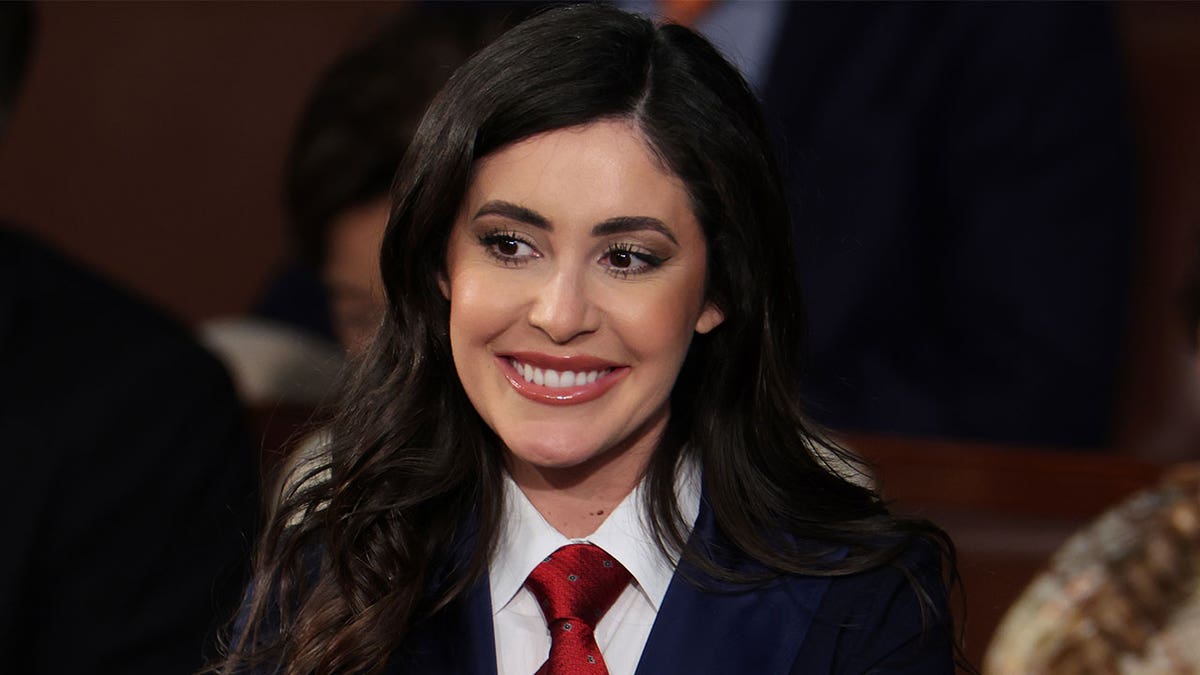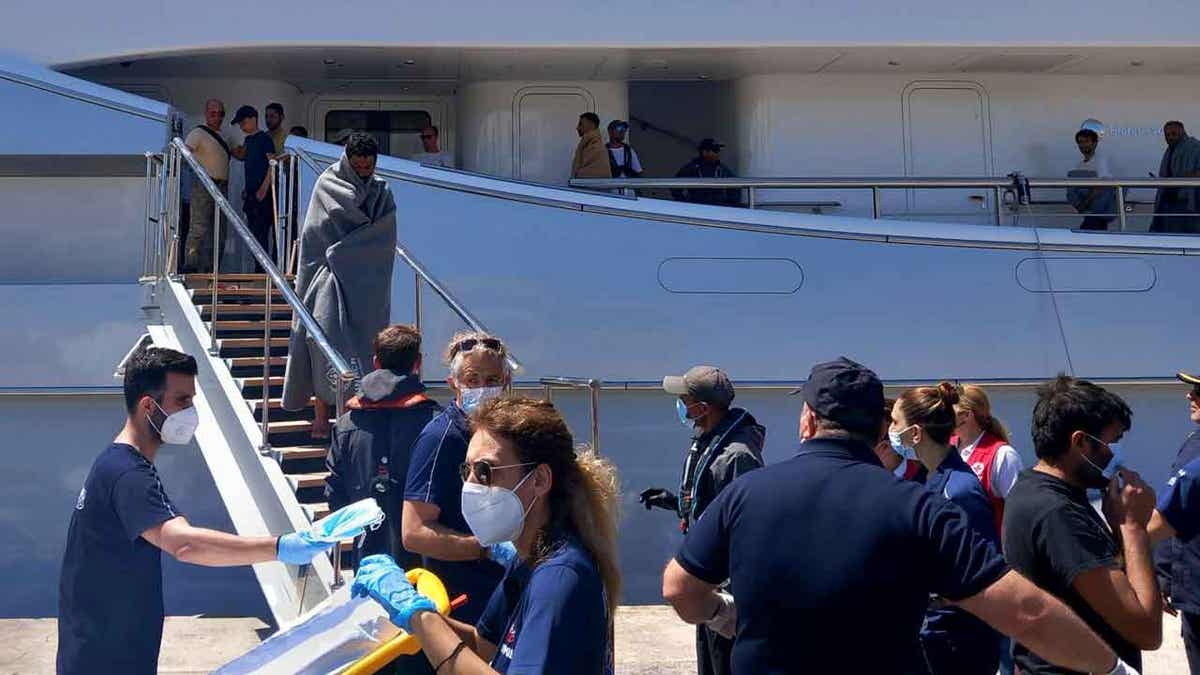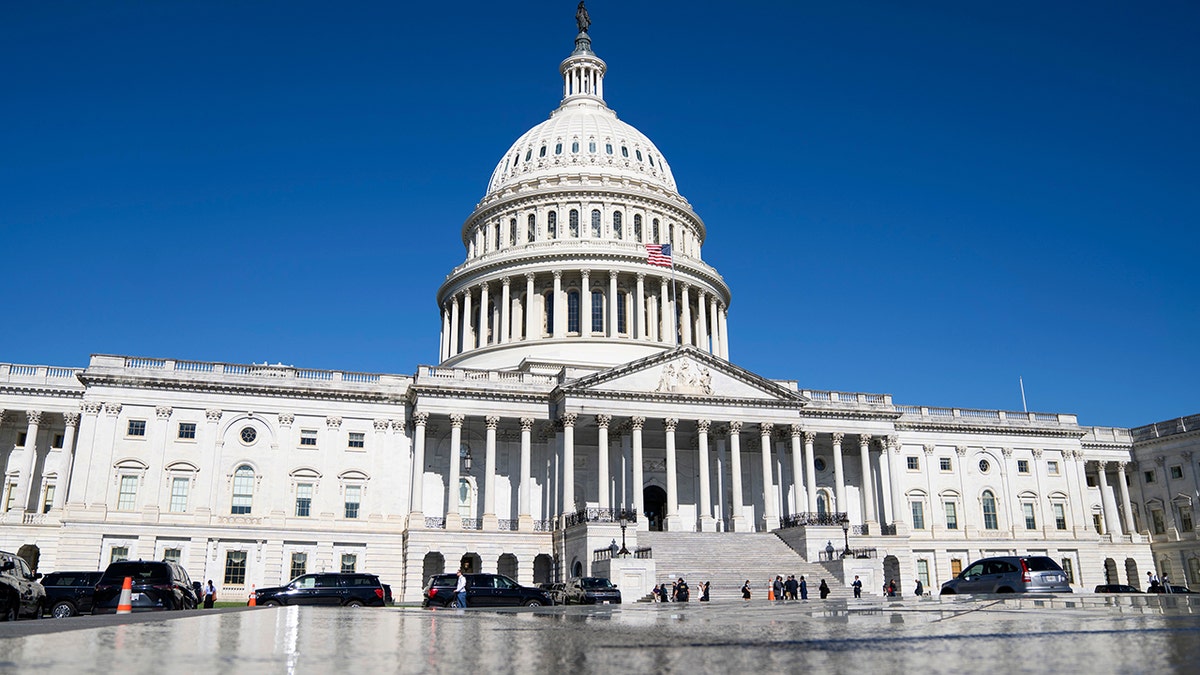Ukraine is intensifying its campaign for NATO membership, urging an invitation from the alliance during their upcoming Brussels meeting. Foreign Minister Andrii Sybiha's letter to NATO leaders, reviewed by Reuters, underscores this push as the conflict with Russia continues, marked by escalating attacks on Ukraine's energy infrastructure.
While acknowledging the current war prevents immediate accession, Sybiha argues that an invitation would send a strong message to Russia. He frames it as a necessary response to Russia's escalating aggression, including the alleged deployment of North Korean troops and the use of Ukraine as a weapons testing ground.
Echoing this sentiment, President Volodymyr Zelenskyy, in a Sky News interview, proposed a phased approach, suggesting NATO membership for Ukrainian-controlled territories. He believes this would expedite the process and hasten the war's end, emphasizing the need for immediate action to deter further Russian advances.
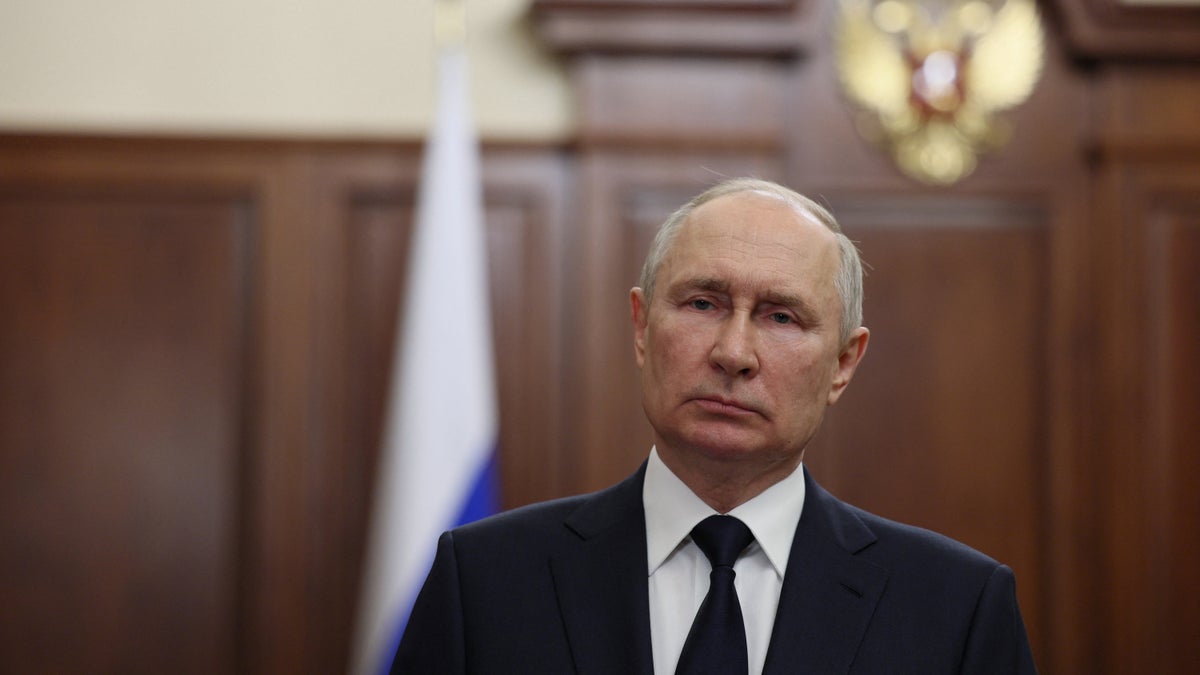
However, significant obstacles remain. Rebekah Koffler, a strategic military intelligence analyst, points out that Ukraine's lack of territorial integrity and the ongoing conflict are key impediments to NATO membership. Russia's control of approximately 20% of Ukrainian territory and the alliance's Article 5 collective defense clause are major sticking points.
Koffler explains that Russia views Ukrainian NATO membership as a "red line" and that some NATO members are hesitant due to the automatic war declaration with Russia that Article 5 would trigger. The division within NATO and Russia's firm stance pose substantial challenges to Ukraine's aspirations.
The State Department confirmed a call between Secretary Blinken and Foreign Minister Sybiha to discuss battlefield developments, U.S. aid, and upcoming diplomatic talks regarding Ukraine. While the statement mentioned discussions of sustained support, it didn't elaborate on any specific commitments related to NATO membership.
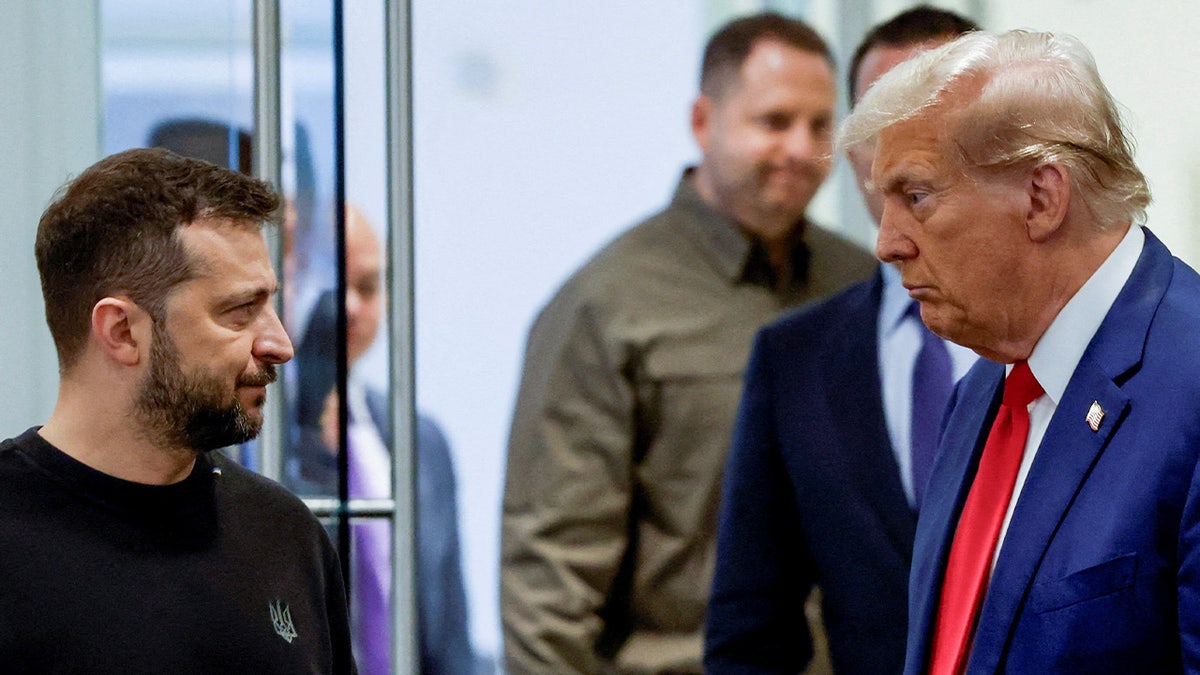
Ukraine's pursuit of NATO membership gains urgency as the war enters its third year and a new presidential administration takes office. This has been a central component of Zelenskyy's "victory plan," which outlines steps to end the conflict, including increased military support and operations within Russian territory.
The outgoing administration recently granted Ukraine expanded permissions for using U.S.-provided long-range weapons against targets within Russia and approved the transfer of anti-personnel mines. These developments highlight the evolving dynamics of the conflict and the ongoing debate surrounding Ukraine's future security arrangements.

